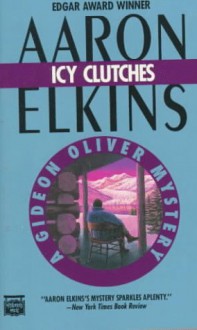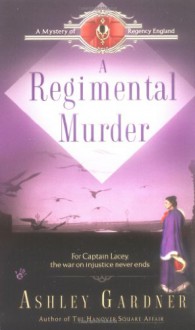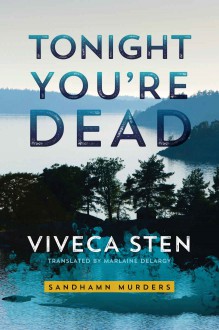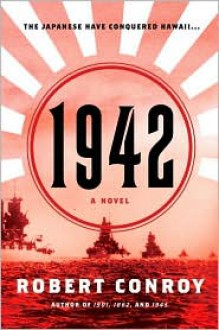
Gone with the Wind is a masterpiece of creative writing on every level. In its 1400 pages (or 49 hours on audio) there is not a single wasted line or insignificant moment. From a purely technical perspective, it is awe-inducing how flawlessly Mitchell utilizes characterization, setting, research, conflict, point of view, narrative voice, symbolism, foreshadowing, allusion, and every other literary device in the handbook. Even more amazing, she can juggle all this and deliver a plot that is relentlessly enjoyable.
The closest novel I've read to this quality is Les Miserables, which was clearly the template for Gone with the Wind. In case there is any doubt, Melanie goes so far as to read directly from its pages during a moment of high tension. Even in Les Miserables, however, there are hundreds of pages of dully written history that is disjunctive and awkward in the flow of narration. Mitchell, following Hugo's formula, also includes segments of war history. Her historical segments work much better, however, because they are short and play a more direct role in the action. Les Miserables is commonly read in an abridged format, but it would be impossible to abridge Gone with the Wind. Every word has a purpose, everything a cause and reaction.
Writers seeking examples of superb characterization should also look no further. Scarlett, Rhett, Ashley and Melanie (among others) are so finely drawn as to boggle the mind. How is it possible for such flawed individuals to be so absorbing? How can fiction feel this real? Even stronger than each individual character is Mitchell's handling of relationships. The way these characters mold to one another, influence one another, speak in subtext and interact creates a world so vivid that real life begins to feel dull.
Despite its long-running popularity, I feel Gone with the Wind (the novel) is perhaps the most underrated classic of all time. There should be no contest. Any list of classic literature that doesn't include Gone with the Wind in the Top 10 is simply wrong. I suspect part of why it gets forgotten as a novel is the iconic movie. I'm so thankful to have mostly avoided the movie thus far, so I could fully enjoy the novel's many surprises on its own. For those who are already well-versed with the movie, I suspect the novel will still blow you away. I just can't imagine how they could efficiently cram 49 hours of book into a 4 hour movie.
Although it was intimidating to devote so much time to a behemoth like this, I never regretted it for a second. Gone with the Wind is one of those masterpieces that is an actual shame if you never get to it.
**SIDE NOTE: The unabridged audio version narrated by Linda Stephens is the best audio performance I've ever encountered. Her performance might very well have elevated my opinion of the novel. I recommend listening to it if you can.






 Log in with Facebook
Log in with Facebook 



















